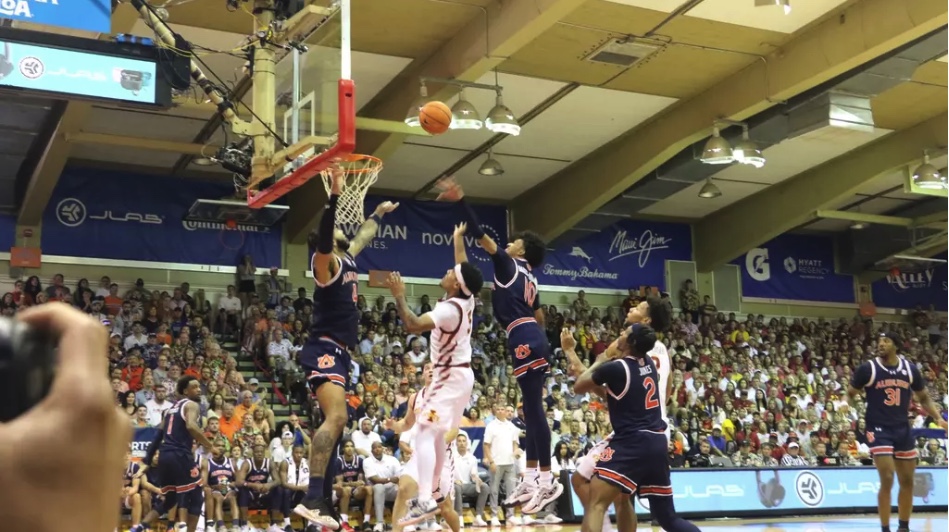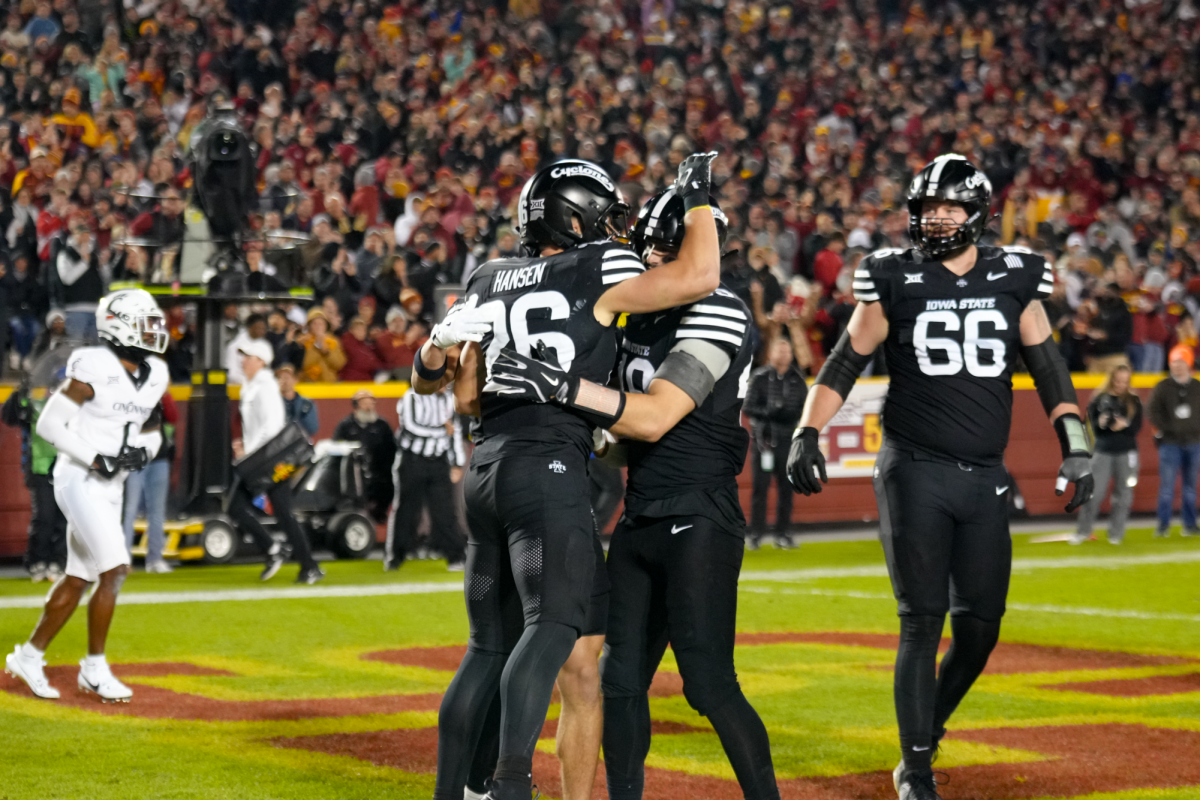LETTER:Average people can fight terrorism
October 30, 2002
However well-intentioned Ayrel Clark’s recent commentary, she was fundamentally wrong. There are things we as “average” citizens can do to fight terrorism. Many Americans choose to fight terrorism by joining one of the armed services. That path is open to many students, and the ones who take it should be proud.
There is another way that all of us can attack terrorism’s roots. That, of course, is oil. I realize that in or current political climate oil is a taboo subject, and that our political leaders are firmly committed to almost any path but conservation. However, that does not change the fact that oil was at the root of Sept. 11 and many of our current troubles in the Middle East. Without our almost insatiable need for oil, we would have no need to station troops around the Persian Gulf, and many of the currently troublesome countries and groups would find themselves hard pressed for funds to continue terrorist activities and to promote religious extremism.
If we stopped sending a single dollar to problematic countries tomorrow, terrorism would not go away, but it would weaken. Had we stopped sending petrodollars to the region in the 1970s many of our current troubles would have been smothered in the womb for lack of funding or lack of grievance. Before you dismiss this as left wing banter or environmentalist dogma, remember that some brave figures from across the political spectrum such as Fox’s Bill O’Reilly, also understand this connection.
Personally, I drive a very fuel inefficient four-wheel drive truck. I really enjoy having such a vehicle, but I also realize that it is wrong. On a graduate student’s salary I can’t afford to replace it so instead I ride the bus (now free for students) or my bike to campus. I try to minimize other trips. I try to keep the thermostat turned down at home (when my wife lets me), and when I can afford a new car I will give up my affection for “bigger is better” and buy a hybrid. On my license plate frame it will say “Hit terrorism where it hurts — drive a hybrid.”
Joel J. Orth
Graduate Student
History






